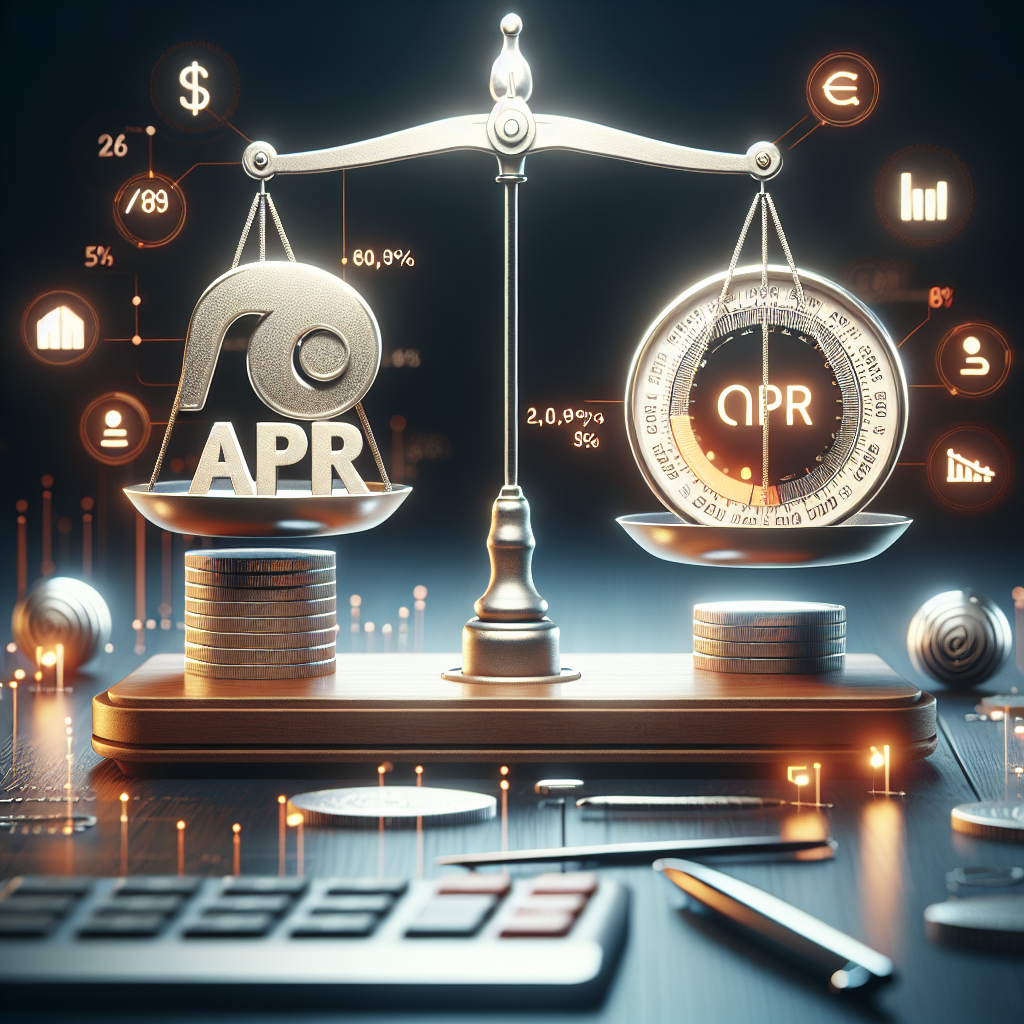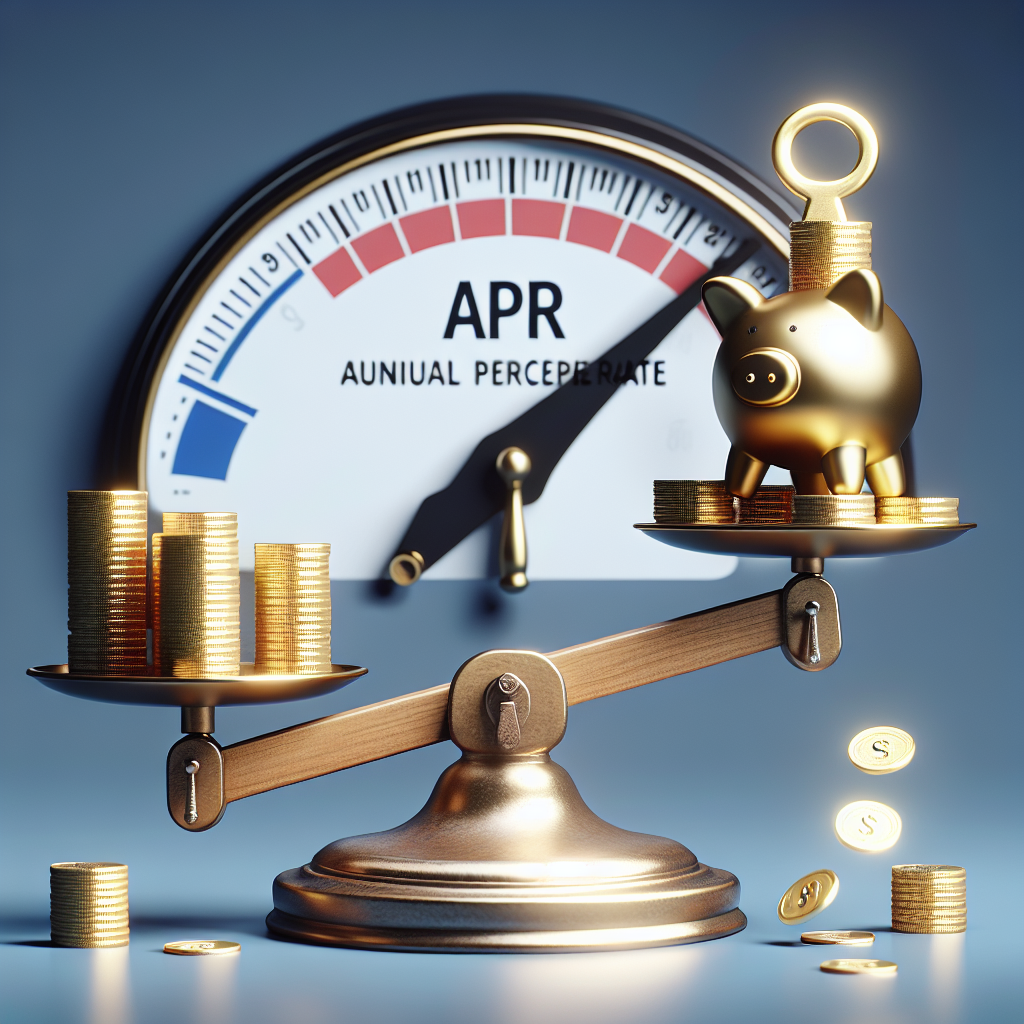
In the world of personal finance, terms like APR and credit scores often swirl around, but do we truly understand their implications on our money? Let's delve into these essential aspects of financial literacy to empower you with the knowledge needed to manage your finances effectively.
The Basics of APR
What is APR?
APR , or Annual Percentage Rate, is a crucial metric that represents the annual cost of borrowing funds, including interest and additional fees. It is expressed as a percentage and aids in comparing the cost of loans or credit cards from different lenders. A lower APR translates to lower overall costs for borrowing money.
How Does APR Work?
When you borrow money, such as through a loan or a credit card, the lender charges interest on the amount borrowed. This interest, combined with any other fees, contributes to the APR. Understanding the APR on your financial products is vital as it directly impacts the total amount you will repay over time.
The Impact on Your Finances
A higher APR means you will pay more in interest over the life of the loan or credit card balance. It significantly influences your monthly payments and the total interest paid. By comprehending and comparing APRs, you can make informed decisions that save you money in the long run.
Decoding Credit Scores
What is a Credit Score?
A credit score is a three-digit number that reflects your creditworthiness to lenders. It is based on your credit history and various financial behaviors. Lenders utilize this score to assess the risk of lending you money. A higher credit score typically correlates with lower interest rates and better loan terms.

Factors Influencing Your Credit Score
Payment History : Timely payments on credit accounts are crucial.
Credit Utilization : The percentage of your available credit in use.
Length of Credit History : How long you've had credit accounts.
Credit Mix : The variety of credit accounts you hold.
New Credit : Recent credit inquiries and account openings.
Understanding the APR-Credit Score Relationship
Your credit score plays a significant role in determining the APR you receive on loans and credit cards. Lenders use credit scores to evaluate your risk level. The higher your credit score, the more likely you are to secure lower APRs, saving you money on interest payments.
Maximizing Your Financial Potential
Tips to Improve Your Credit Score:
Pay bills on time and in full.
Keep credit card balances low.
Maintain a healthy mix of credit accounts.
Regularly check your credit report for errors.
Limit opening new credit accounts.
Strategies to Navigate APR:
Compare APRs from different lenders before borrowing.
Negotiate for lower APRs with creditors.
Refinance high-APR loans to save on interest.
Understand promotional APR periods on credit cards to avoid unexpected rate hikes.

In Conclusion
Understanding the dynamics of APR and credit scores is paramount in taking control of your financial well-being. By leveraging this knowledge, you can make informed decisions, save money, and pave the way for a stable financial future. Remember, financial empowerment starts with education and ends with informed choices that benefit your bottom line.
Stay informed, stay empowered, and watch your financial health flourish!
.png)
Comments